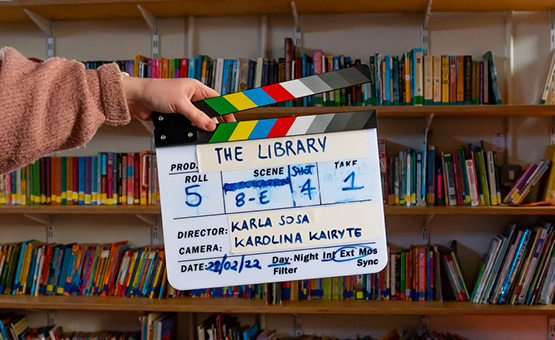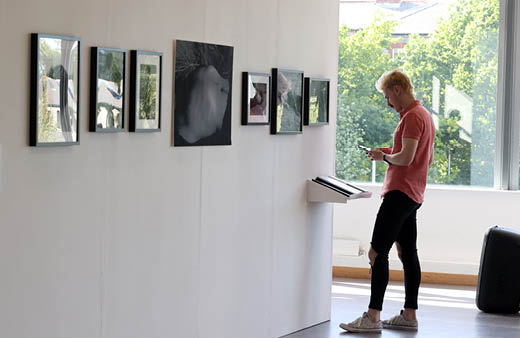Top Courses

BA in Photographic Media
The emphasis of our photography course is on commercial photography, a professional approach allied to analytical skills.

BA (Honours) in Film, TV and Screen Media Production
This BA is designed for students who have not yet undertaken formal education in Film, TV or Screen Media production.

Certificate in Digital Cinematography and Image Grading
The programme is intended for students interested in cinematography and image grading and gaining a professional qualification alongside a portfolio of work.

Certificate in Screen Production
This programme equips students with the abilities to conceive ideas and develop material suitable to approach the production of a short factual item for multiplatform distribution.
4 Courses with a choice of study modes
Studying at Griffith College

Gallery

Professional Courses

Why Study at Griffith
Whats New in the Creative Arts and Screen Media Faculty?













